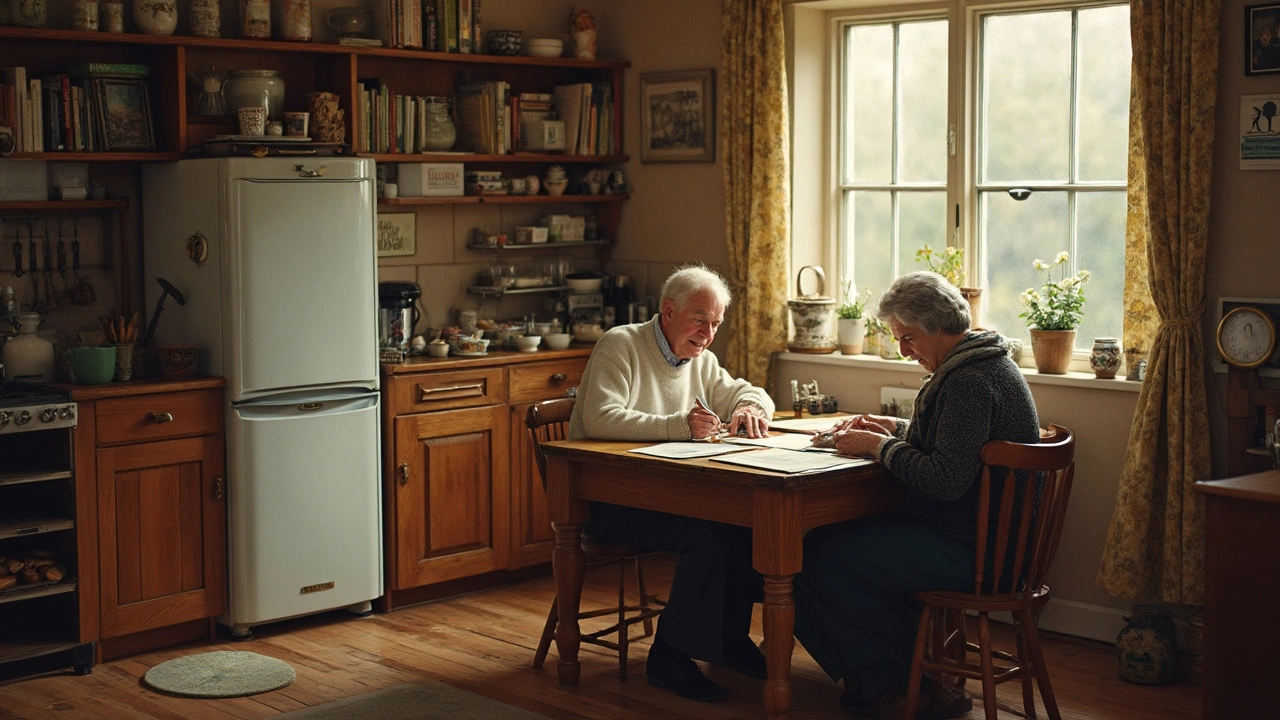Heating Systems: Practical Tips and Repairs
Keeping the house cosy isn’t magic – it’s about knowing how your heating system works and what to do when it stops. Whether you have a gas boiler, an electric water heater, or a modern heat pump, the basics stay the same: regular checks, quick fixes, and knowing when to call in a pro.
First off, jot down the age of your main heating unit. Most boilers last 10‑15 years, heat pumps 12‑20, and water heaters about 8‑12. If you’re approaching those numbers, start planning a service or a replacement. Early maintenance can dodge costly breakdowns and keep your energy bills low.
Common Heating System Issues
Here are the problems you’ll see most often and a simple step you can try before dialing a technician.
- No heat at all: Check the thermostat batteries and make sure it’s set to ‘heat’. If the furnace still won’t fire, look at the pressure switch on the boiler – a loose pipe or a blocked vent can stop it.
- Uneven rooms: Bleed air from radiators by opening the small valve on each one. Hot water will flow again and the room temperature evens out.
- Strange noises: A rattling pipe often means the bracket is loose. Tighten it with a screwdriver. A whining sound can be a pump issue – clean the pump’s filter and see if the noise fades.
- Water heater not heating: Reset the thermostat button on the unit, then wait five minutes. If it still stays cold, the heating element may be corroded and needs swapping.
- Heat pump not blowing hot: Switch the filter to ‘defrost’ mode if it’s icy. If the fan runs but no warm air comes out, the refrigerant level may be low – that’s a job for a certified technician.
In every case, turn off the power before you touch anything. Safety first, always.
When to Call a Professional
Some fixes are quick, but others need trained eyes. Call a pro if you notice any of these signs:
- Leaking water around the boiler or water heater.
- Repeated short‑cycling – the system turns on and off every few minutes.
- Persistent low pressure on a boiler (below 1 bar).
- Foul smells, especially gas – this is an emergency.
- Any electrical work beyond the simple reset button.
When you schedule a visit, give the technician the make, model, and age of the unit. That helps them bring the right parts and speeds up the job.
Regular professional servicing, once a year for boilers and heat pumps, can catch hidden wear. Think of it as a health check for your home’s warmth.
Finally, keep a simple log of the dates you service or fix something. A quick note like “2024‑03‑12 – radiator bled” saves time when the next issue pops up.
With a bit of routine care and the right know‑how, your heating system can stay reliable for years. Stay warm, stay safe, and don’t let small problems snowball into big bills.
8 June 2025
·
0 Comments
Ever wondered if you should call a plumber to sort out your boiler? This article breaks down who really installs boilers and why not every plumber is the right guy for the job. Learn the difference between plumbers and heating engineers, what to ask when hiring, and get some tips so you don’t get stuck with cold showers. You’ll find clear answers on what skills and licenses matter—no jargon, just straight talk. Take the guesswork out of boiler repairs or replacements.
Read more
23 May 2025
·
0 Comments
People often wonder if their old boiler can really make it to the 50-year mark. This article breaks down how long boilers typically last, what factors help or hurt their lifespan, and what you can do to keep yours running smoothly. You'll also get tips on spotting warning signs before your boiler gives out. Perfect if you're debating a repair or full replacement.
Read more



